The Korean Cultural Centre in South Africa (KCCSA), in collaboration with Korea’s National Gugak Center and the Education Africa, held a special 9-day workshop introducing traditional Korean music “gugak” to South Africa from 11 to 19 September. Last Wednesday, on 20 September, the workshop concluded with concerts held in five different schools located in townships in Johannesburg. During these concerts, participants of the workshop showcased the unique charm of the traditional Korean music combined with the rich and dynamic African sounds.
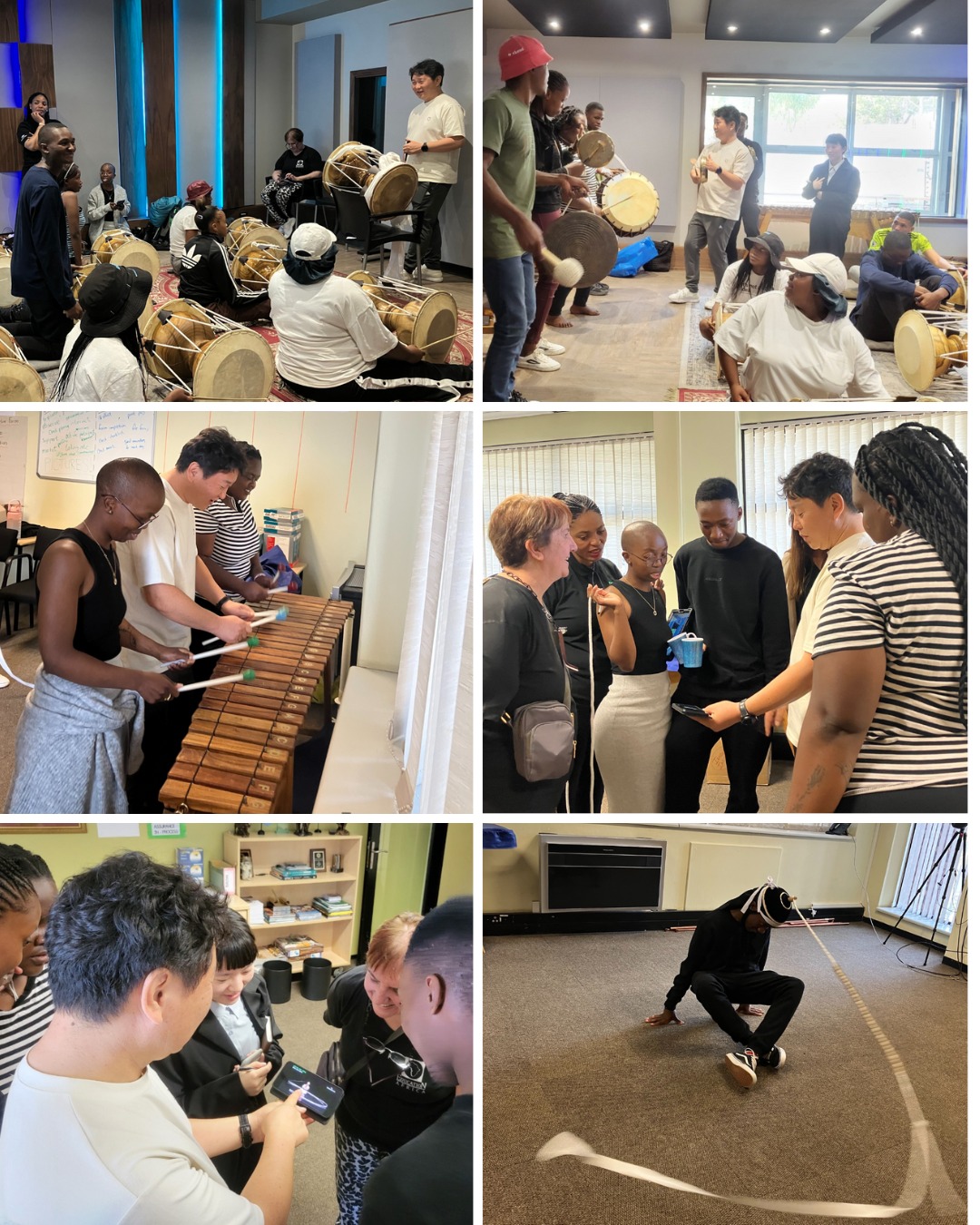
▲ The first day of the workshop
This workshop and the subsequent concerts were realized through a partnership with the Education Africa, a non-profit organization established in 1992 with its mission to support disadvantaged South Africans. The participants were recruited from alumni of the organization’s key project ‘Marimba Project.’ The National Gugak Center, Korea’s national primary institution of the traditional Korean music “gugak,” provided an instructor through its ‘Overseas Gugak Culture School’ project.
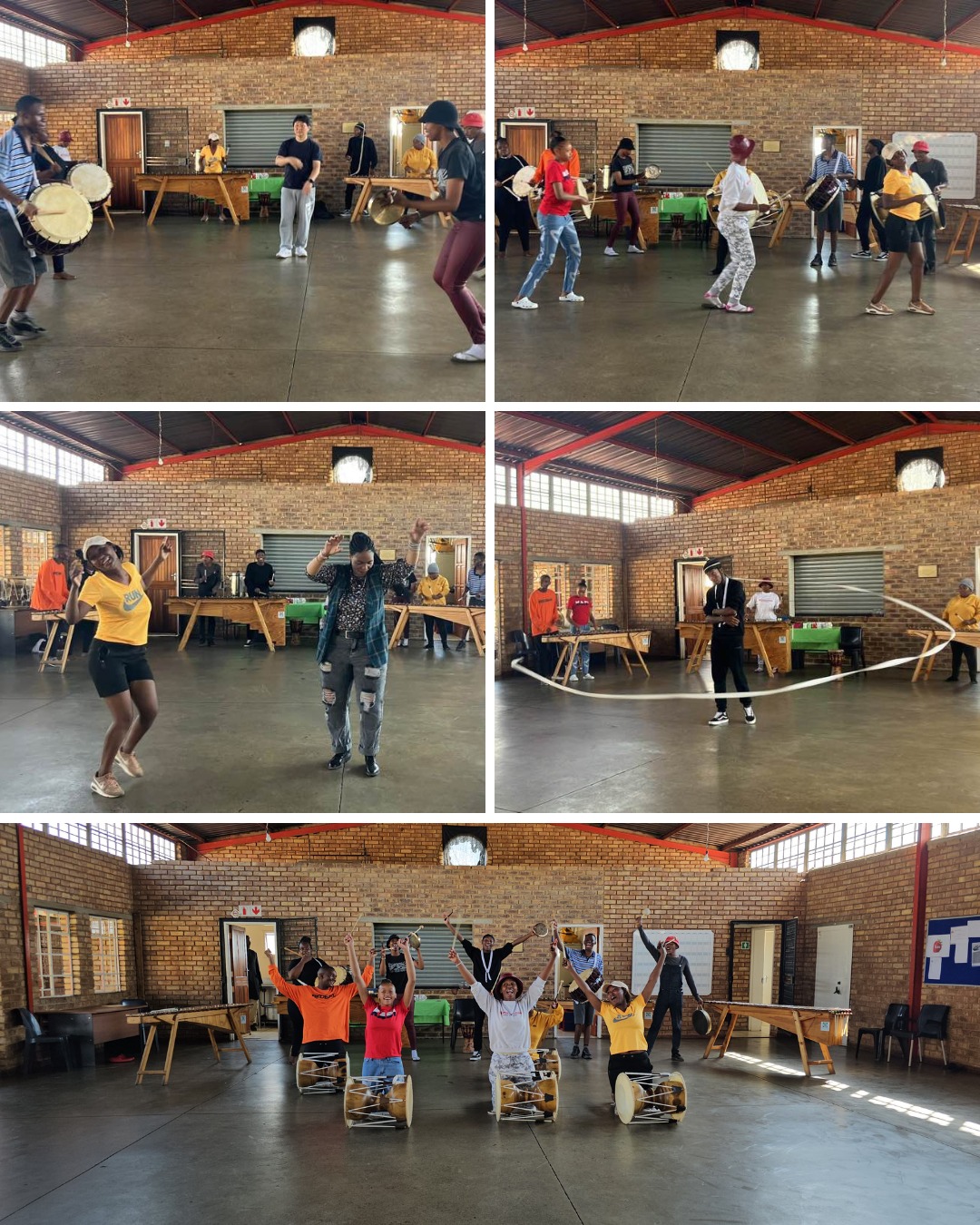
▲ The final rehearsal for the special concerts
During the workshop, participants immersed themselves in learning to play a variety of traditional Korean instruments, including a unique Korean hat dance, typically performed as a highlight of the Korean folk music tradition. Additionally, during the workshop, participants prepared special concerts in which they seamlessly integrated traditional Korean musical elements into their existing repertoire.
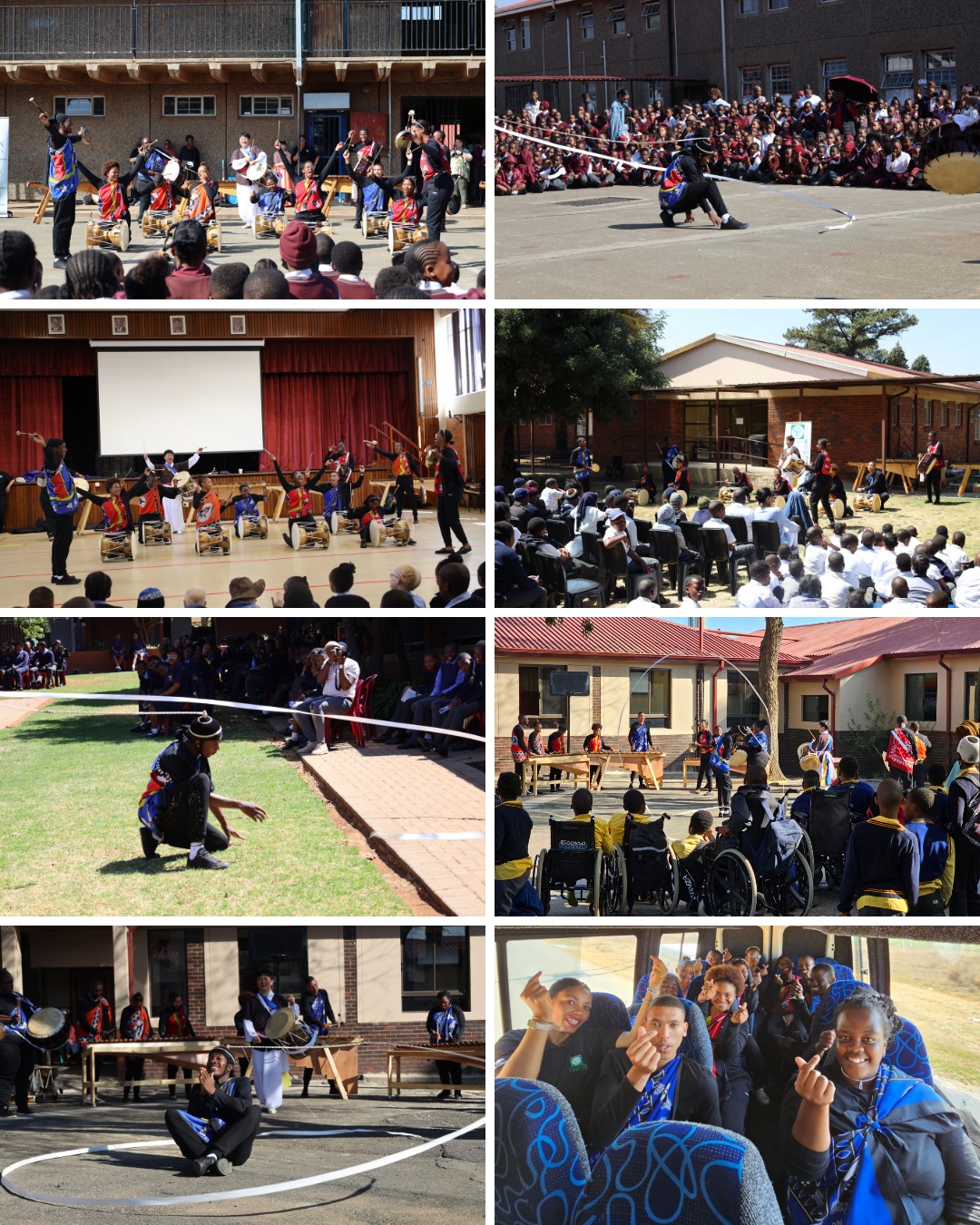
▲ The concerts on 20 September
Last Wednesday, on 20 September, participants visited schools located in Johannesburg's townships to introduce and showcase what they had learned and practiced during the workshop. The concerts drew enthusiastic cheers from the audience as the participants skilfully combined traditional Korean music with familiar South African sounds and rhythms.
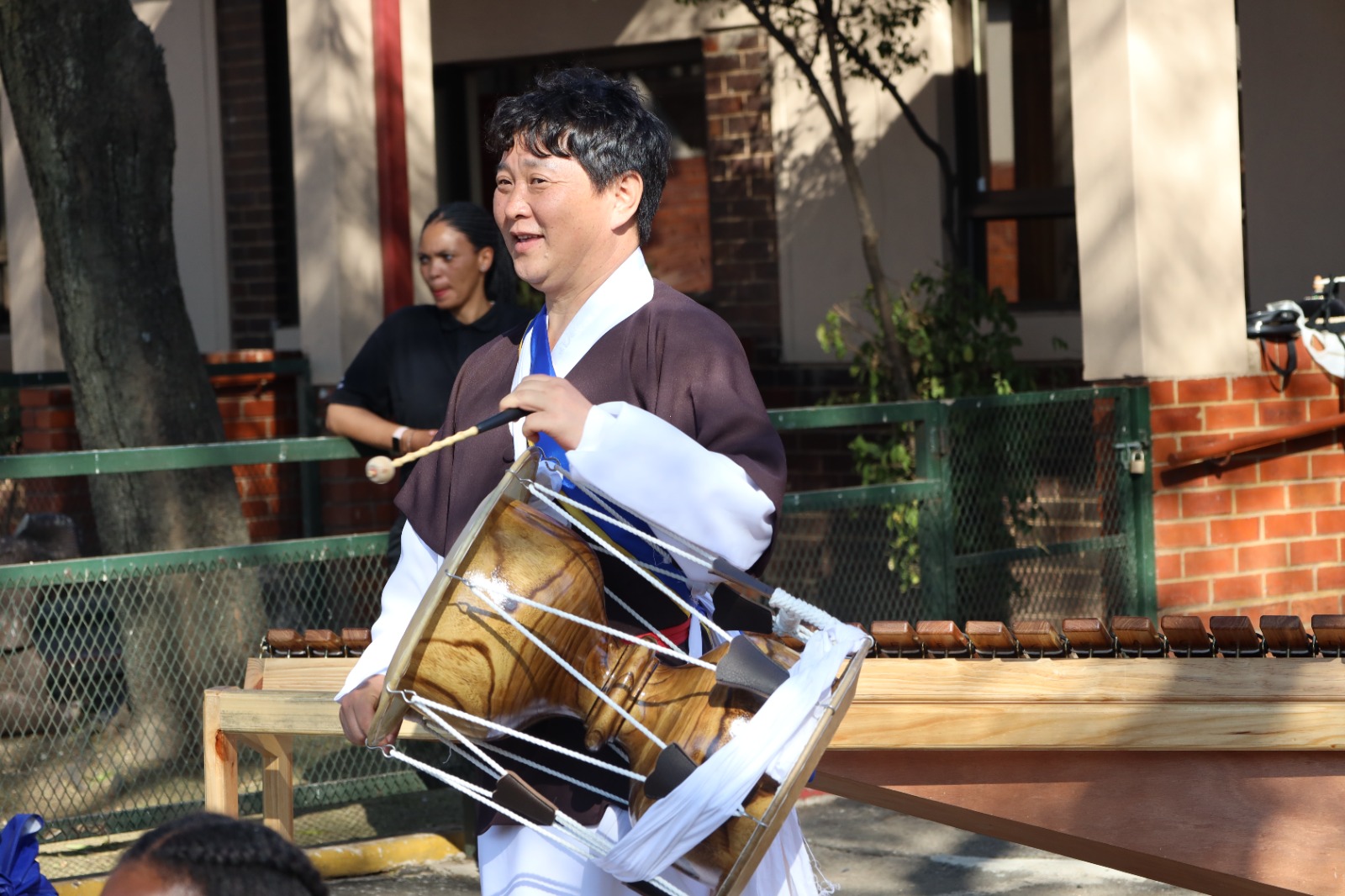
▲ Daewon Lee, the workshop instructor from the National Gugak Center
Daewon Lee, the workshop instructor who guided participants and prepared the concerts during the intensive 9-day period, expressed his amazement, saying, “It was an extraordinary experience to witness the participants absorb the unique spirit and style of the traditional Korean music and express them in their own language in such a short period of time.” He added, “It was truly touching to see both the participants and the audience enjoying themselves to the beats made with the Korean and South African music together.”
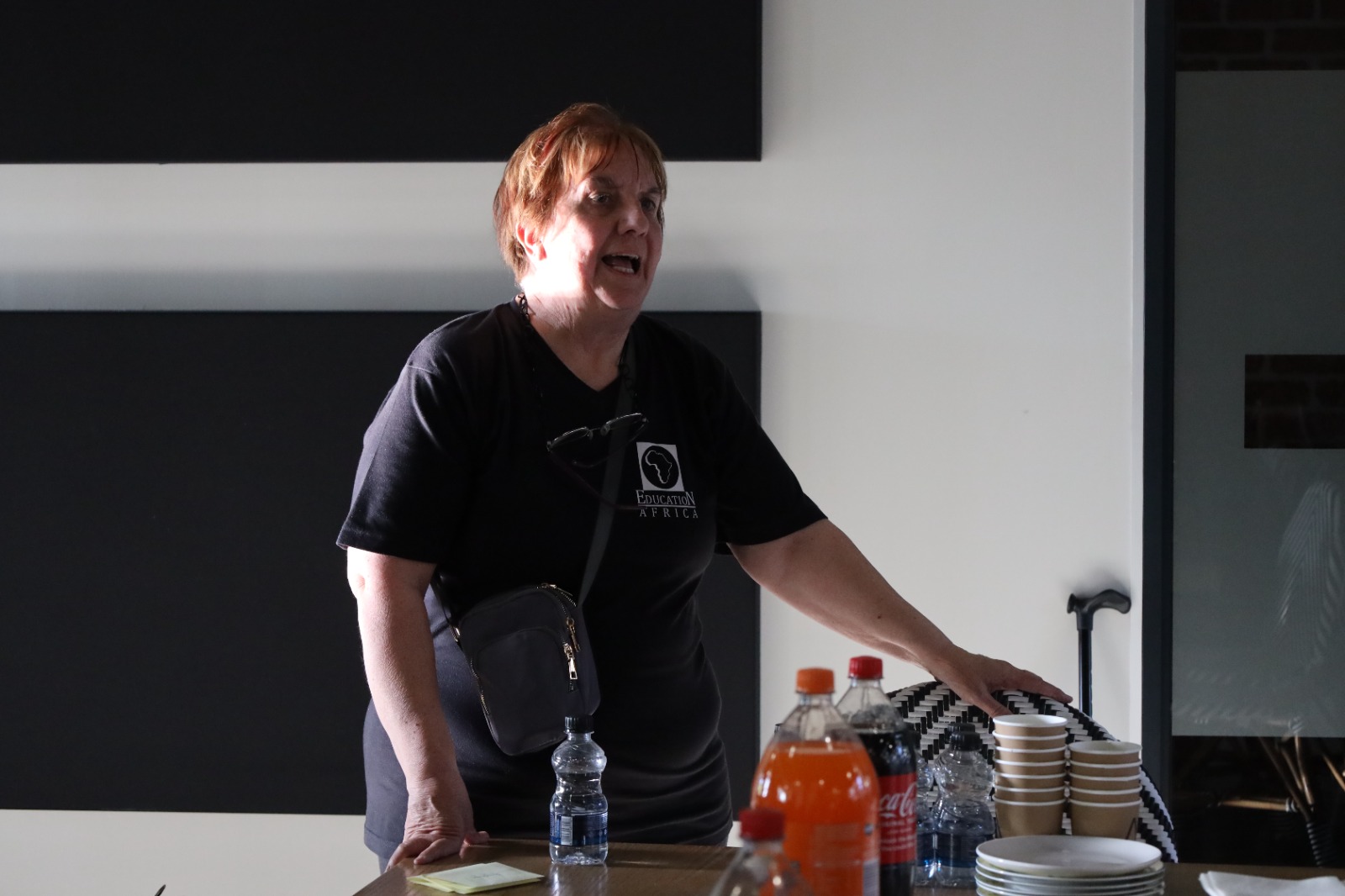
▲ Joan Lithgow, director of the Education Africa International Marimba & Steelpan Festivals
Joan Lithgow, director of the Education Africa International Marimba & Steelpan Festivals, who co-organized the programme, said, “The rhythm of the traditional Korean music felt very similar to the traditional South African one; I’m so proud of our alumni students that they created such a beautifully crafted harmony bridging the two countries and cultures.”
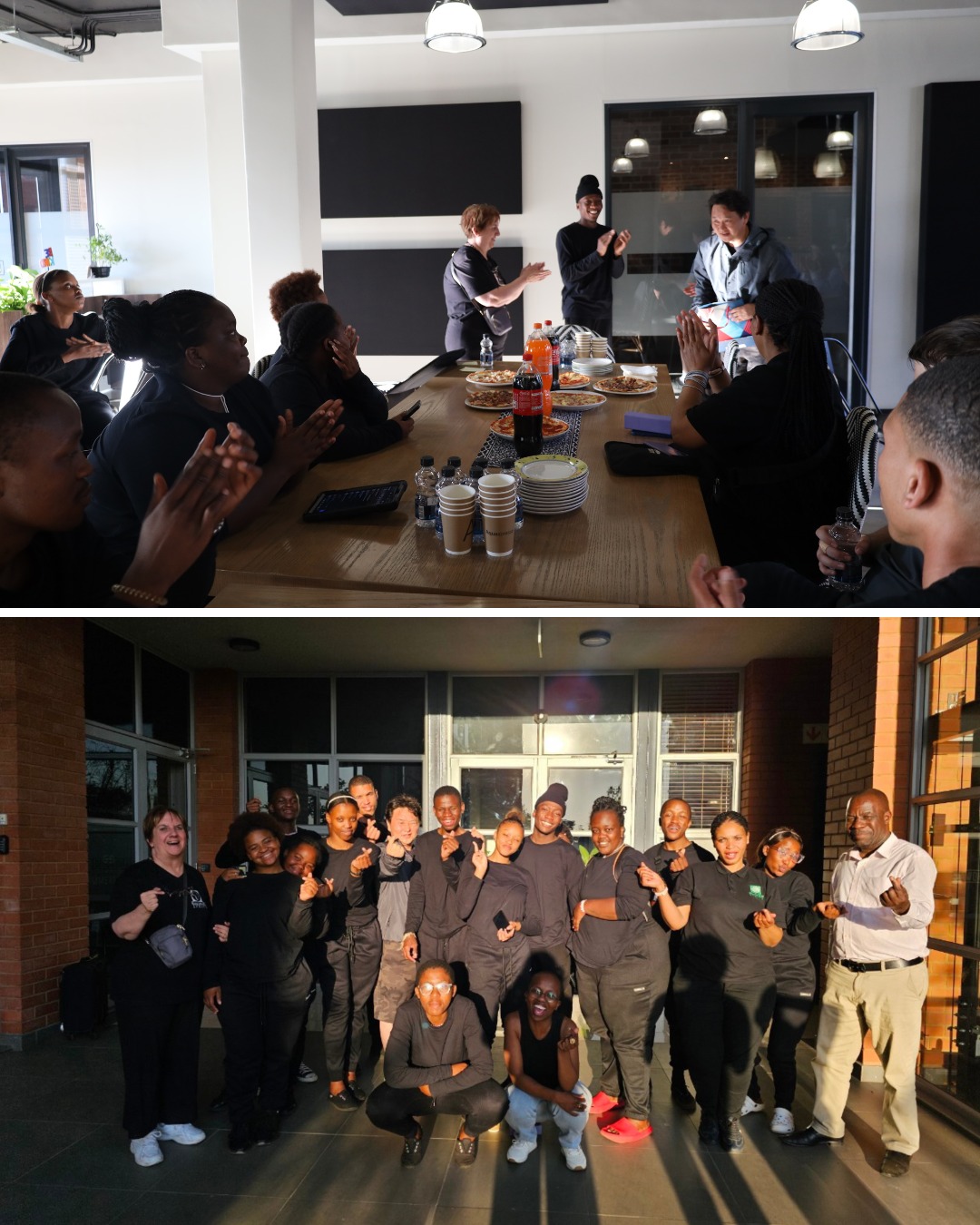
▲ The participants spending their last day together
The workshop is part of the Korean Cultural Centre in South Africa’s annual gugak programme, conducted in partnership with the National Gugak Center, which aims to introduce the traditional Korean music to South Africa as well as to facilitate and promote cultural exchanges between the countries through music.

▲ The WOMAD performances
In a parallel initiative, the Centre featured traditional Korean musicians on the stage at the WOMAD (the “World of Music, Arts & Dance”) on 24 and 25 September in Cape Town. The special performances of the Korean troupe, accompanied by South African performers, showcased yet another enchanting charm of traditional Korean music fused with a unique South African beat.